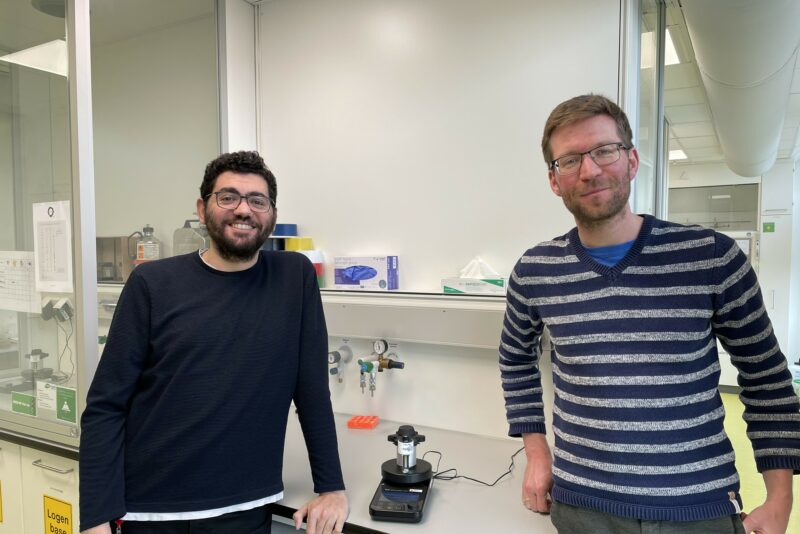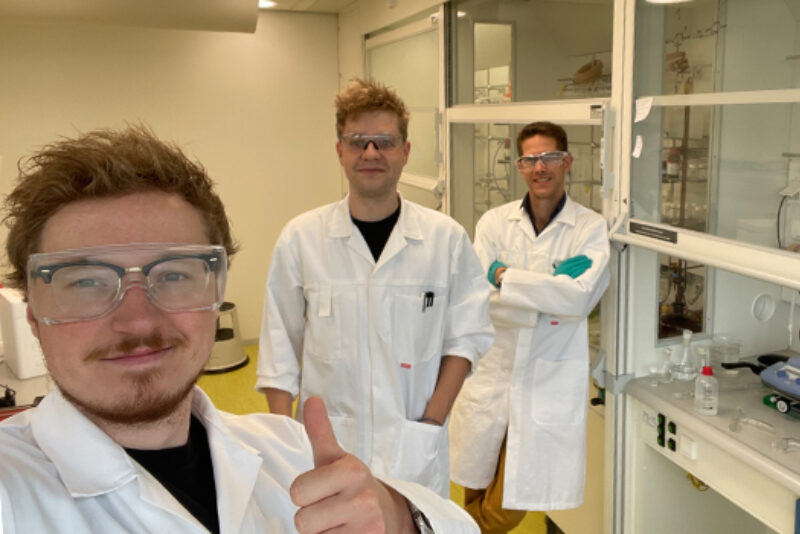The production of plastic materials, fertilizers, detergents, and many other products requires the use of chemical building blocks. To obtain these, the chemical industry currently depends primarily on fossil-based resources, such as oil and natural gas, which have a high carbon footprint. A reinvention of our current feedstock system is therefore urgently needed, and this is why ARC CBBC is developing green production methods to create chemicals building blocks from renewable sources, using as little energy as possible.
Feedstock transition
Feedstock is what we call the raw materials that are used by the manufacturing and chemical industries to produce goods or energy carriers. At present, the chemical building blocks required for these products and energy carriers rely primarily on non-renewable feedstocks, such as petroleum and natural gas. There is a need for greener, more sustainable approaches to producing these building blocks, using a new variety of feedstock that is both renewable and readily available.
The role of chemistry
Waste (such as CO2, methane or plastic waste), greenhouse gases (CO2 or methane) and biomass are abundant sources of carbon that can be used in the production of new chemical building blocks. They are therefore considered highly promising alternatives to fossil-based resources. Chemistry plays a pivotal role in this, particularly considering that chemical technologies must be developed for the conversion of these feedstocks to other commonly used molecules, materials and products.
However, there are still many challenges to overcome in the shift from a dependence on imported carbon resources towards the production of alternative feedstock, an alternative that entails a cleaner and more sustainable production process. The processes and technologies to convert these alternative resources into chemical building blocks still need to be invented as well as optimized to a level that will enable their implementation on an industrial scale.
ARC CBBC’s contribution to the feedstock transition
ARC CBBC has initiated large-scale research programmes in which researchers from academia and industry are joining forces in working towards the feedstock transition. Our experts are focusing in particular on the conversion of greenhouse gas emissions (carbon dioxide and methane) into materials and chemical building blocks as feed for the manufacturing industry.
ARC CBBC is also developing new ways to recycle plastics by breaking them down into the original polymeric building blocks, which will allow for the production of a brand-new, high-quality type of plastic. Apart from this, the consortium has also set up research projects that focus on the use of new chemical building blocks originating from biomass for the production of coatings with innovative properties.
ARC CBBC’s impact on the feedstock transition
The goal of ARC CBBC is to create a process to recycle waste streams in such a way that gas emissions, biomass and plastic waste will become part of the production system. This will have a significant impact on the management of the available resources and, as such, on the environment. Our research programme aims to create the foundation of a new chemistry that can be implemented by our partners on a larger scale.
Read more about our contribution to the energy transition and materials transition or learn more about our research projects to better understand the role played by ARC CBBC in the transition to a sustainable society.



